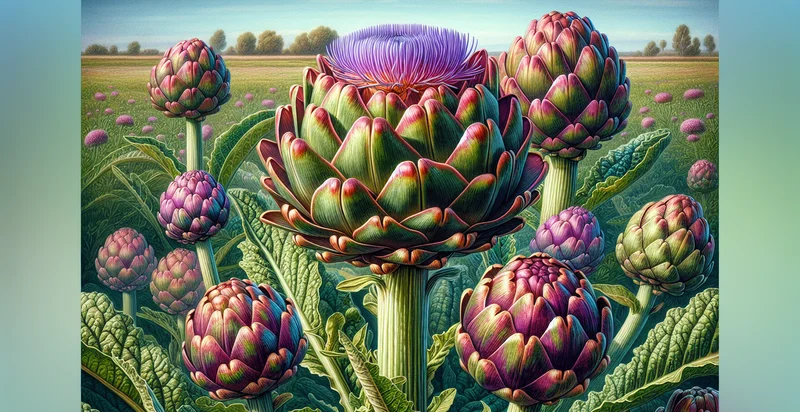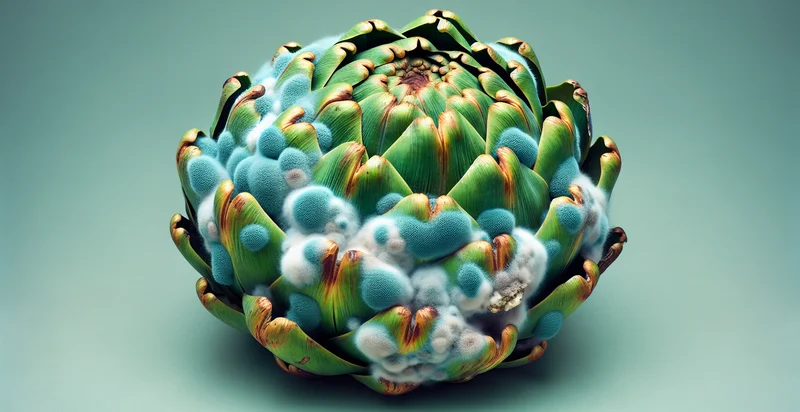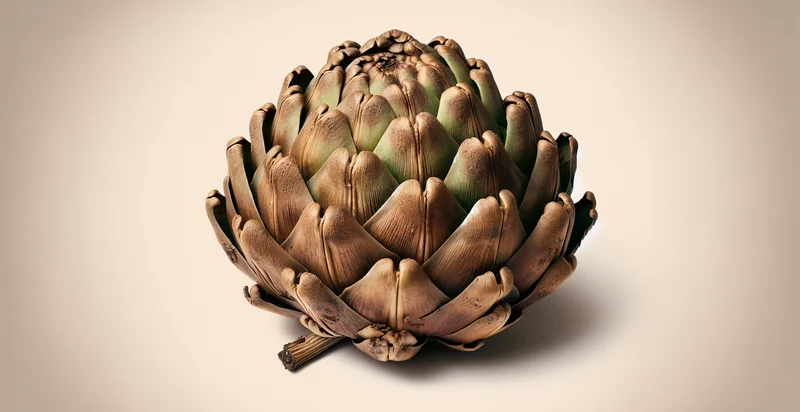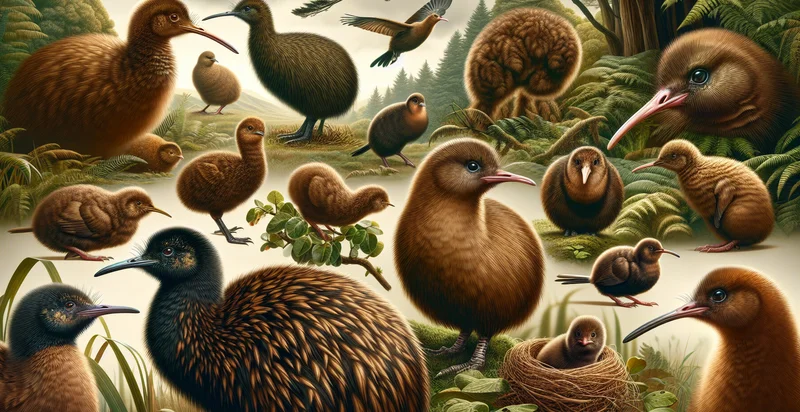Identify artichoke species
using AI
Below is a free classifier to identify artichoke species. Just upload your image, and our AI will predict the species of artichoke it is - in just seconds.

Contact us for API access
Or, use Nyckel to build highly-accurate custom classifiers in just minutes. No PhD required.
Get started
import nyckel
credentials = nyckel.Credentials("YOUR_CLIENT_ID", "YOUR_CLIENT_SECRET")
nyckel.invoke("artichoke-species", "your_image_url", credentials)
fetch('https://www.nyckel.com/v1/functions/artichoke-species/invoke', {
method: 'POST',
headers: {
'Authorization': 'Bearer ' + 'YOUR_BEARER_TOKEN',
'Content-Type': 'application/json',
},
body: JSON.stringify(
{"data": "your_image_url"}
)
})
.then(response => response.json())
.then(data => console.log(data));
curl -X POST \
-H "Content-Type: application/json" \
-H "Authorization: Bearer YOUR_BEARER_TOKEN" \
-d '{"data": "your_image_url"}' \
https://www.nyckel.com/v1/functions/artichoke-species/invoke
How this classifier works
To start, upload your image. Our AI tool will then predict the species of artichoke it is.
This pretrained image model uses a Nyckel-created dataset and has 15 labels, including Argenteuil Artichoke, Baby Artichoke, Barigoule Artichoke, Black Artichoke, Chinese Artichoke, Cynara Cardunculus, Cynara Scolymus, Globe Artichoke, Green Globe Artichoke and Italian Purple Artichoke.
We'll also show a confidence score (the higher the number, the more confident the AI model is around the species of artichoke it is).
Whether you're just curious or building artichoke species detection into your application, we hope our classifier proves helpful.
Related Classifiers
Need to identify artichoke species at scale?
Get API or Zapier access to this classifier for free. It's perfect for:
- Agricultural Research Support: The artichoke species identifier can assist agricultural researchers in classifying different artichoke varieties in the field. By using this function, researchers can quickly determine the species of artichokes being studied, facilitating more targeted experiments and data collection.
- Crop Management Optimization: Farmers can utilize the identifier to assess their artichoke crops and ensure they are cultivating the desired species for market demand. Accurate classification can lead to improved decision-making regarding fertilization, pest control, and harvesting techniques.
- Quality Control in Food Processing: Food processing companies can implement the identifier in their quality control systems to ensure that only specific artichoke species are processed. This reduces the risk of mislabeling products, ensuring compliance with regulatory standards and enhancing product quality.
- Biodiversity Conservation Efforts: Conservation organizations can use the artichoke species identifier to monitor and protect endangered artichoke species. By accurately identifying species in their natural habitats, organizations can develop effective conservation strategies and contribute to biodiversity preservation.
- Culinary Education and Training: Culinary schools can incorporate the identifier into their curriculum to help students learn about the different species of artichokes. This knowledge enables future chefs to select the right ingredients for various recipes, enhancing the quality and authenticity of their culinary creations.
- E-commerce Plant Retail: Online plant retailers can implement the identifier within their product listings to accurately classify and present various artichoke species. This functionality can improve customer satisfaction by ensuring buyers receive the exact species they ordered, ultimately boosting sales and reducing returns.
- Genetic Research on Artichokes: Geneticists and biotechnologists can leverage the artichoke species identifier in their research to explore genetic variations among different species. This tool can aid in the identification of specific genetic markers, contributing to advancements in plant breeding and disease resistance.


